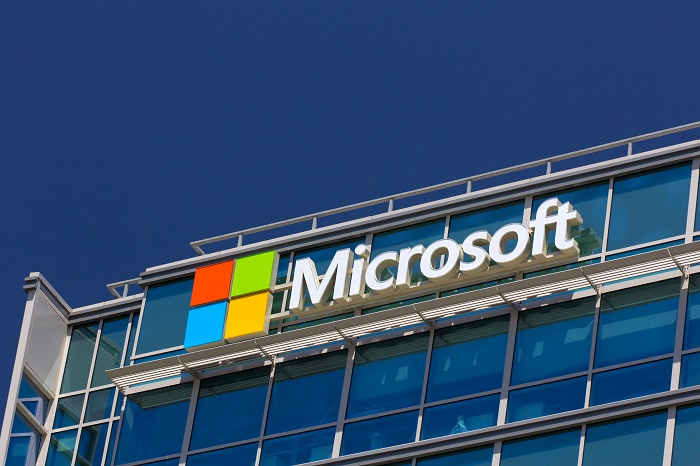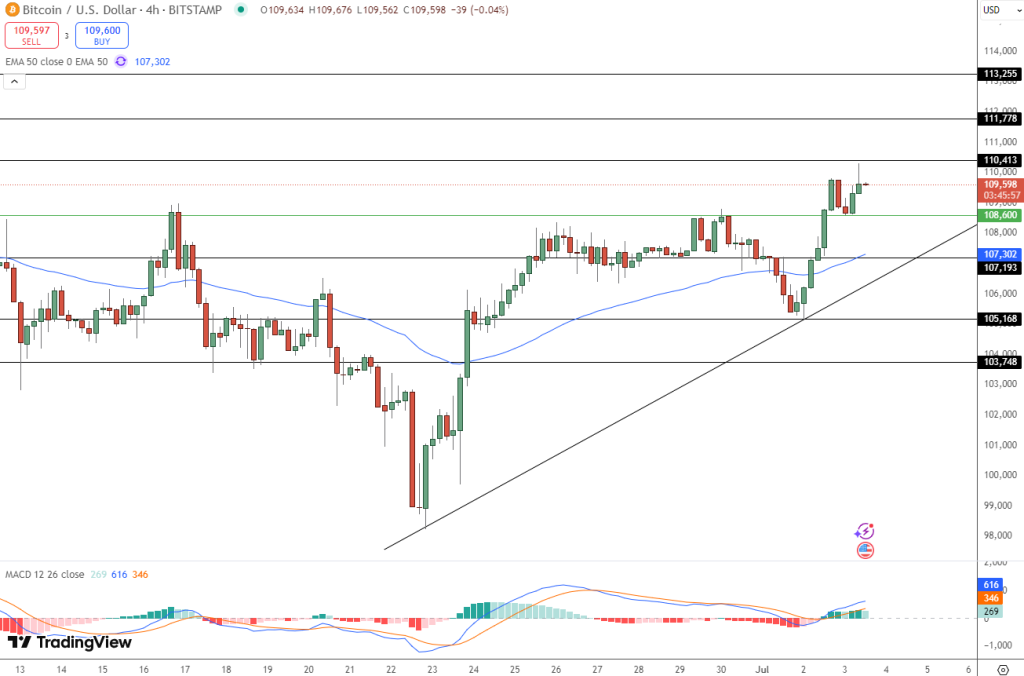Data indicates that many employees use AI independently at work. However, business leaders may overlook potential opportunities without a strategic plan outlining how artificial intelligence aligns with overall business strategy.
Microsoft and LinkedIn have jointly unveiled the 2024 Work Trend Index report, titled “AI at work is here. Now comes the hard part.” Based on insights from a survey of 31,000 individuals across 31 countries, LinkedIn labor trends, Microsoft 365 productivity data and input from Fortune 500 clients, the report looks at ways AI reshapes global work dynamics.
The report shows a shift from employers simply endorsing casual AI experimentation to leveraging this new technology to achieve concrete business outcomes. This transition represents a typical challenge encountered amid technological disruptions. “AI is democratizing expertise across the workforce,” said Satya Nadella, Microsoft’s chairman and CEO. He says the research is an “opportunity for every organization to apply this technology to drive better decision-making, collaboration—and ultimately business outcomes.”
The study findings also reveal a surge in the adoption of generative AI at work, with professionals increasingly showcasing AI skills on their LinkedIn profiles. Moreover, many leaders emphasize the importance of AI proficiency when hiring. However, despite this momentum, there are concerns about the lack of a clear AI strategy within their organizations, compounded by the influx of employee-introduced AI tools.
The report indicates that nearly 80% of AI users are branching out independently, a trend the survey calls “Bring Your Own AI (BYOAI).” This phenomenon creates a data security risk and causes organizations to miss out on the benefits of strategic AI use at scale.
“AI is redefining work, and it’s clear we need new playbooks,” said Ryan Roslansky, CEO of LinkedIn. “It’s the leaders who build for agility instead of stability and invest in skill building internally that will give their organizations a competitive advantage and create more efficient, engaged and equitable teams.”
HR tech in action
Workforce platform Cornerstone introduced Cornerstone Galaxy, an AI-driven platform designed to enhance workforce agility. Spatial learning elements, an AI-powered talent development assistant, data visualizations and more are meant to pinpoint skills gaps and build workforce readiness.
AWS has rolled out Amazon Q, a generative AI assistant tailored to expedite software development and harness internal data within companies. Alongside this debut, AWS introduced Amazon Q Apps, designed to help employees construct generative AI applications using their organization’s data. Jenni Troutman, director of products and services at AWS Training and Certification, told HRE that this “AI-ready commitment” will help to bring more diverse skills to workforce populations around the globe. AWS research shows employers are willing to pay an average of 35% more for human resource workers with AI skills.
After nearly a decade of dedicated service, Al Smith will retire from his role as chief technology officer at iCIMS at the end of the summer. During a transition period, Smith—who leaves behind a legacy of impactful contributions—will continue to serve as an advisor. In the wake of Smith’s retirement announcement, Joseph Benjamin will join iCIMS as its new CTO. Benjamin is poised to collaborate closely with Eric Connors, iCIMS’ chief product officer, who recently gained recognition on HRE’s 2024 Top 100 HR Tech Influencer list.
More from HRE
HR practitioners from some of the world’s most admired orgs will speak at HR Tech 2024 in Las Vegas. Preliminary agenda details include sessions with Tim Gregory of Delta Air Lines, Don Robertson of Northwestern Mutual and Andrew Winnemore of Microsoft. This is just a start, as plenty more speakers will be added to the list soon. Registration is now open.
To keep a finger on the pulse of tech innovation, HR and business professionals often turn to pioneers and thought leaders who influence the industry. The most effective of these individuals are recognized annually in Human Resource Executive’s Top 100 HR Tech Influencers list, now in its sixth year. Explore the influencers now.
As part of an ongoing effort to reach as many stakeholders as possible, Keith Sonderling, Commissioner of the United States Equal Employment Opportunity Commission (EEOC), moderated a keynote panel at HR Technology Europe, held in Amsterdam earlier this month. In this recap of the session, hear from representatives from the United Nations, European Union and the United Kingdom.
Credit: Source link











